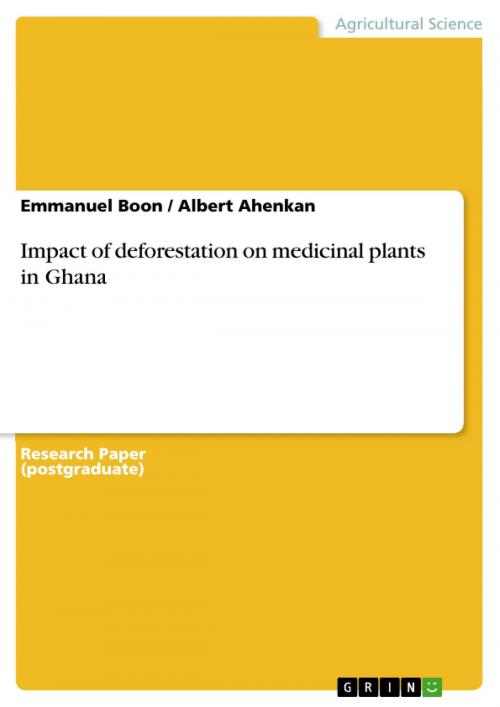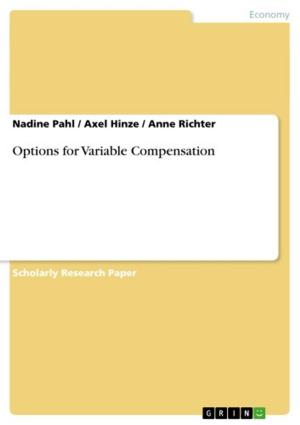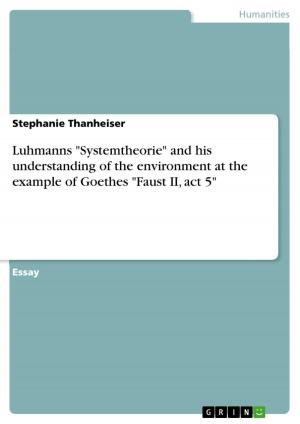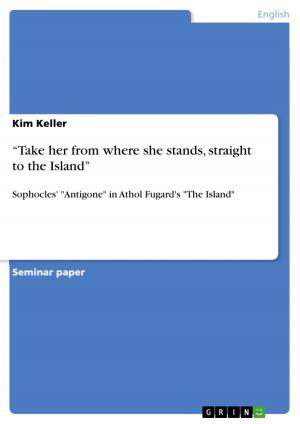Impact of deforestation on medicinal plants in Ghana
Nonfiction, Science & Nature, Technology, Agriculture & Animal Husbandry| Author: | Emmanuel Boon, Albert Ahenkan | ISBN: | 9783638051200 |
| Publisher: | GRIN Publishing | Publication: | May 20, 2008 |
| Imprint: | GRIN Publishing | Language: | English |
| Author: | Emmanuel Boon, Albert Ahenkan |
| ISBN: | 9783638051200 |
| Publisher: | GRIN Publishing |
| Publication: | May 20, 2008 |
| Imprint: | GRIN Publishing |
| Language: | English |
Research Paper (postgraduate) from the year 2008 in the subject Forestry / Forestry Economics, Vrije University Brussel (Human Ecology Department), 52 entries in the bibliography, language: English, abstract: The role of medicinal plants in traditional health care delivery in Ghana cannot be overemphasized. More than 250 indigenous trees and plants with healing properties have been scientifically catalogued in Ghana. Unfortunately, the very foundation upon which the medicinal plant species and the traditional health care system survive is threatened by deforestation. The rate of deforestation has increased by 50% over the last ten years, according to the UN Food and Agriculture Organization (FAO). The current area of intact forest is now estimated at between 10.9 and 11.8% of the original cover and 6.9% of the country's total area. Deforestation is changing the habitats of disease-carrying insects and creating conditions that may help to spread malaria, river blindness and other devastating illnesses. Moreover, since the majority of the rural poor in Ghana depends on traditional medicine for their health care needs, the present high rate of deforestation will have a detrimental effect on the heath care delivery system in the country. Important plant species will be lost to deforestation unless urgent measures are taken. This paper examines the impact of deforestation on medicinal plants in Ghana.
Research Paper (postgraduate) from the year 2008 in the subject Forestry / Forestry Economics, Vrije University Brussel (Human Ecology Department), 52 entries in the bibliography, language: English, abstract: The role of medicinal plants in traditional health care delivery in Ghana cannot be overemphasized. More than 250 indigenous trees and plants with healing properties have been scientifically catalogued in Ghana. Unfortunately, the very foundation upon which the medicinal plant species and the traditional health care system survive is threatened by deforestation. The rate of deforestation has increased by 50% over the last ten years, according to the UN Food and Agriculture Organization (FAO). The current area of intact forest is now estimated at between 10.9 and 11.8% of the original cover and 6.9% of the country's total area. Deforestation is changing the habitats of disease-carrying insects and creating conditions that may help to spread malaria, river blindness and other devastating illnesses. Moreover, since the majority of the rural poor in Ghana depends on traditional medicine for their health care needs, the present high rate of deforestation will have a detrimental effect on the heath care delivery system in the country. Important plant species will be lost to deforestation unless urgent measures are taken. This paper examines the impact of deforestation on medicinal plants in Ghana.















